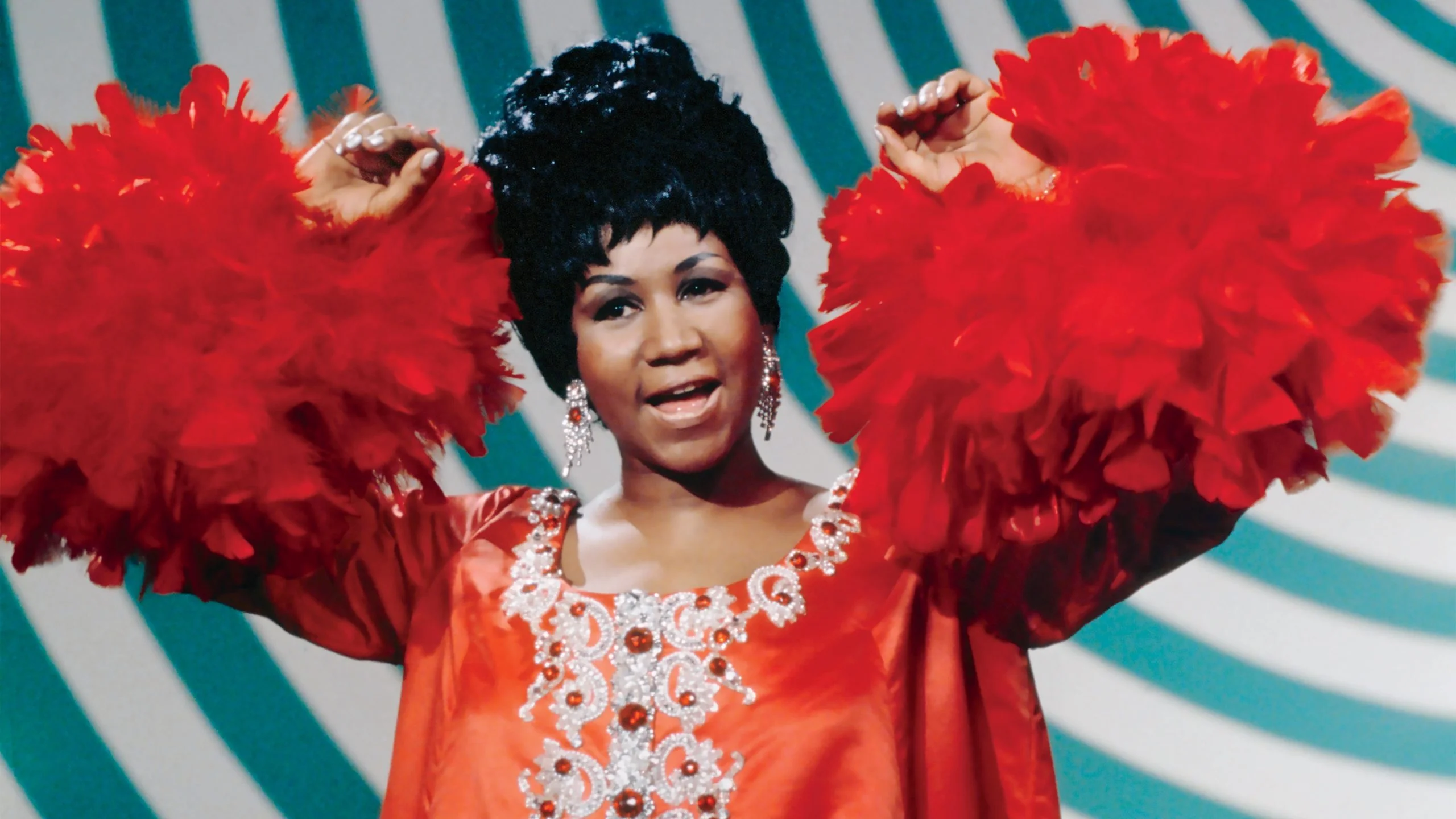Please bear with me as I delve into a sensitive subject in this article: the fact that personal beliefs or religion do not override the laws of probate court. Regardless of your faith, without a living will, directives, or a trust, your estate will inevitably fall under court jurisdiction once you pass away. This leaves your family with the burdensome tasks of arranging your funeral, covering the expenses, and potentially watching as your possessions are sold off to satisfy debts to creditors, court-appointed representatives, the state, and any other claimants eager to benefit from your estate.
This truth might sound harsh, but it’s crucial to face these uncomfortable realities head-on. In our society, it’s uncommon to confront such grim truths directly because they can be unsettling. However, addressing them openly can encourage others to prioritize and manage their estate planning more conscientiously.
In my own experience, I have faced the loss of four immediate family members within the last 18 months, the most recent being my brother, who was only 46 and died unexpectedly of natural causes. The shock of his sudden death was compounded by the absence of any directives, insurance papers, or 401(k) documents, which we couldn’t find when we went to handle his affairs. Although he was a conscientious person who responsibly managed his life, the whereabouts of his essential documents remain unknown, which has left our family in a precarious position. Ultimately, my sister took the lead and arranged for his cremation.
Unfortunately, life doesn’t pause for grief, nor does it provide a special budget for death-related expenses, which can range from $10,000 to $40,000 nowadays. Funeral homes, faced with their own costs, may charge high prices, pushing families to make difficult and often costly decisions regarding funeral arrangements, flowers, caskets, and memorial services.
This stark reality underscores the absolute necessity of preparing for the inevitable to spare your loved ones additional stress and financial burden during an already challenging time.








